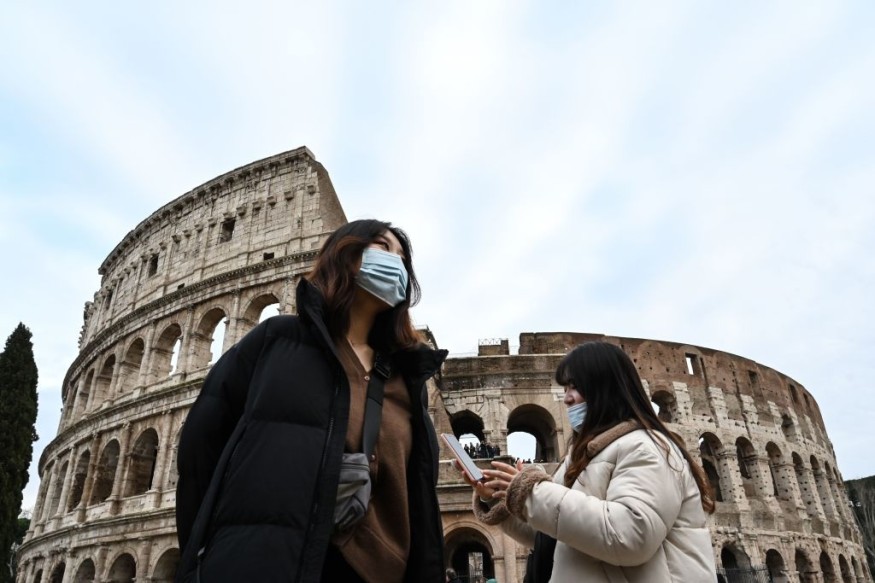Christmas is simultaneously the least desirable time to get COVID-19, flu, or even common colds, and the possible time to do so. Is it unavoidable? Certainly not.
You can do a few things that are within your power to reduce your chances of contracting a terrible illness just as the holidays are about to begin.
1. Get Vaccinated, Go Social Distancing, and Get a Mask!
COVID-19 vaccinations that have been approved give a high level of protection against significant illness or death due to the disease. But they do not entirely prevent transmission.
WHO strongly encourages everyone to have access to safe and effective COVID-19 vaccinations as soon as possible. Masks can help prevent individuals from spreading the virus or becoming infected, too.
The health agency added that people should maintain a physical distance of at least one meter from others even if they don't appear to be unwell. According to data obtained by WHO, the virus is more likely to be inhaled or come into direct contact with the eyes, nose, or mouth when people are in close proximity, usually within 1 meter.
2. Don't Put Your Hands on Your Face
Keep your hands away from your cup unless you're wearing sterile surgical gloves. Today reported that those who regularly touch their eyes and nose are 41 percent more likely to get recurrent upper respiratory infections than those who don't. If you think hand sanitizer is the solution, skip to number 2.
3. Wash Your Hands
Rubbing a virus off your skin requires proper scrubbing with soap and water. It entails a 20-second soak in the sink followed by thorough drying: According to the CDC, wet hands are more likely to transfer germs than dry hands.

4. Take Your Vitamins
In the winter, your vitamin D levels may be low. That's important since it can help your body fight colds. According to Men's Health, consuming 10,000 IU of vitamin D3 every week will lower your risk of upper respiratory infection in half. So, you should take your vitamins.
5. Exercise to Boost Immune System
According to "Debunking the Myth of Exercise-Induced Immune Suppression: Redefining the Impact of Exercise on Immunological Health Across the Lifespan," exercise can lower the risk of sickness, including both infectious illnesses like viral and bacterial infections and non-communicable diseases like cancer and chronic inflammatory disorders. Furthermore, current research has refuted that strenuous exercise reduces immunological response.
However, you don't have to run on the treadmill for hours to reap the advantages. Even little exercise, such as a daily brisk walk, can make a difference.
6. Maintain a Low-Stress Level
The holidays may be a difficult time of year, both professionally and personally. Though there is much hype, celebration, and even extended time off work for some when offices close, the build-up may be stressful for even the most resilient minds. You may find yourself under a lot of stress between buying gifts, the health-testing bacchanals that may be Christmas parties, and the rush to finish before the new year.
According to "Current Directions in Stress and Human Immune Function," the human immune system usually dysregulates due to stress. American Psychological Association cited hundreds of studies demonstrating that stress causes a considerable drop in every part of your immune system since interest in the link between infection and stress arose in the 1980s.
Now is as good a moment as any to assess how well you can handle your present workload. Stress reduction can also be aided by obtaining the recommended amount of sleep, eating appropriately, and exercising regularly. Incorporating meditation into your daily schedule and maintaining a consistent pattern, in general, will be beneficial.
RELATED ARTICLE : Is it Safe for Person Infected With Sars-CoV-2 to Get a Booster Shot While Sick? Here's What Experts Say
Check out more news and information on Medicine and Health in Science Times.
© 2026 ScienceTimes.com All rights reserved. Do not reproduce without permission. The window to the world of Science Times.











